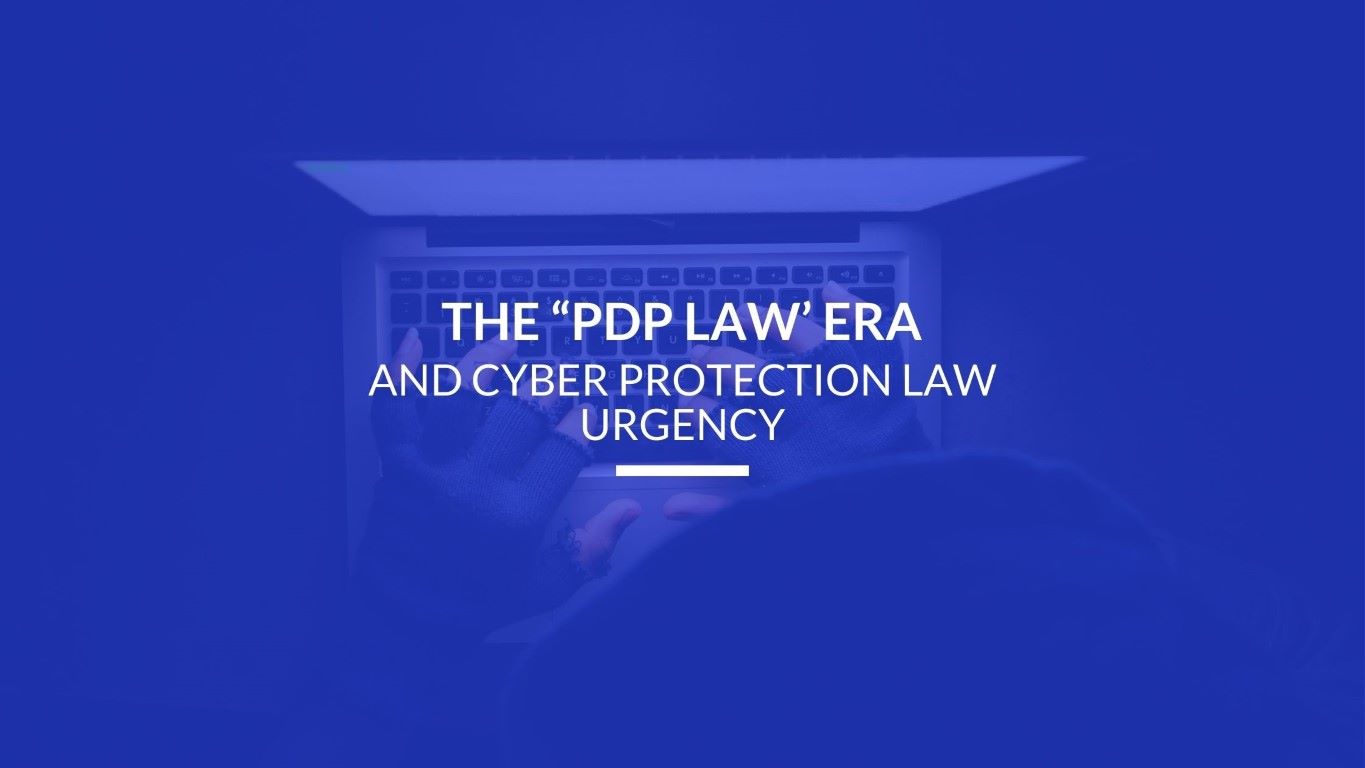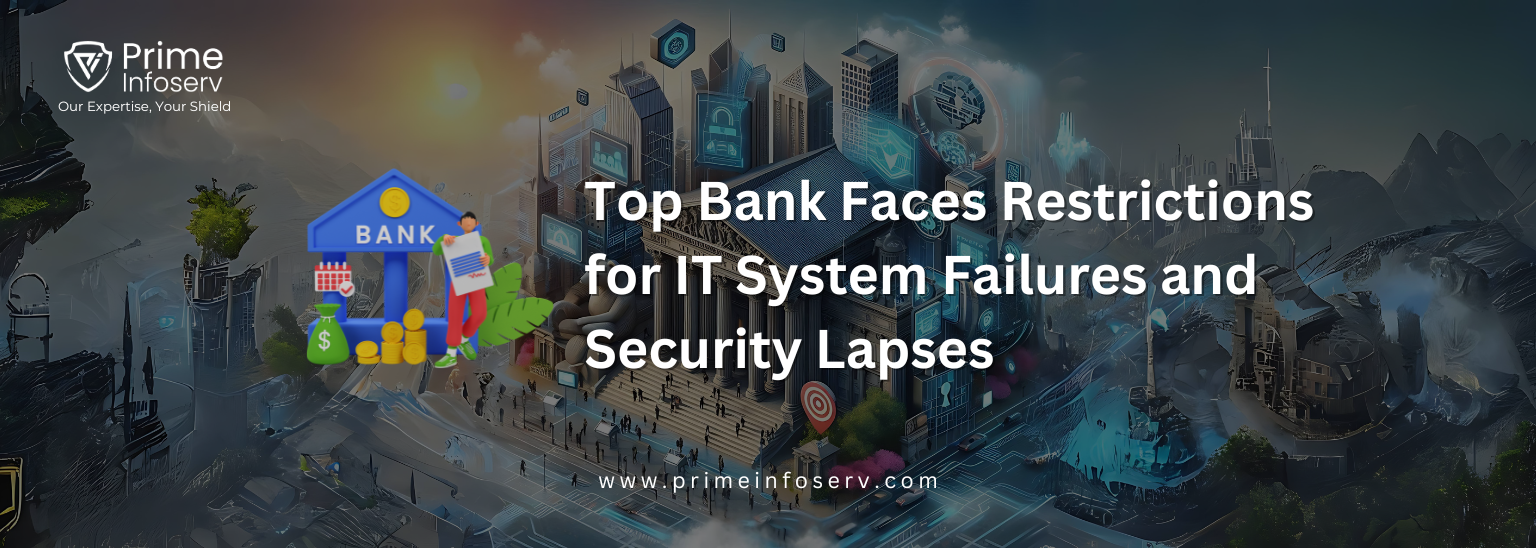The human society has become almost fully dependent on the Internet and World Wide Web (WWW) since web services became available to common people. There is no denying that concepts like digital marketing and online services have contributed the business industry for global competitiveness, customer retention and maintaining a positive reputation. Online social media platforms and forums are being used not only for business procedures but also by individuals to share ideas, plans and even information that are considered sensitive. However, the popularity of the Internet and ‘digital life’ also gives rise to unauthorized data hacking, online security breaching, identity theft and other forms of cyber crimes. Therefore, it is important to provide an effective security to personal data and sensitive information. Governments of different countries are adopting laws that provide cyber security and protection of data as well as deliver strict penalties to cyber criminals.
Perhaps one of the most popular laws related to cyber protection is the General Data Protection Regulation (GDPR) that addresses cyber crimes and provides personal data protection. It was drafted as well as passed by the European Union (EU) and it was adopted on the year 2016. The law targets on the European Economic Area (EEA) and it is primarily applicable on countries that are members of the European Union. The main aim of GDPR is to provide control over an individual’s personal data as well as to make regulations for conducting international business procedures on the Internet. People are relying on internet services and they are storing their personal data and sensitive information with cloud services. As a result, unauthorized hackers are targeting private cloud networks for obtaining those personal data and information for their individual gain. In this scenario, GDPR provides a firm stance and a strict set of rules against cyber crimes and identity theft.
Governments from different countries have adopted various forms of cyber protection laws to ensure protection of personal data. The US Government has adopted three regulations for data protection; they are the Gramm-Leach-Bliley Act that provides securities for financial organizations, the Health Insurance Portability and Accountability Act that provides data security to healthcare organizations and Homeland Security Act that deals with data protection of federal agencies. Apart from that, the US Government also adopted the California Consumer Privacy Act (CCPA) that provides data protection and privacy rights to the inhabitants of California. This law ensures the residents of California about privacy rights and states that an individual will decide whether to disclose one’s personal data to others or share sensitive information with others. The Indian Government also adopted the Information Technology (IT) Act as a way to ensure data protection. The Ministry of Electronics and Information Technology has tabled the Personal Data Protection (PDP) Act to the Parliament to provide further secured protection of online data. The European Union has established the European Union Agency for Cybersecurity (ENISA) for maintaining information security for internetwork operations.
Internet has its positive side as well as negative side and can be used for doing either ethical activities or criminal deeds. Unauthorized data hacking is a serious crime and hacking incidents are increasing at an alarming rate. Fortunately, the above mentioned laws are able to provide an efficient form of data security.
Hope this blog helped you to understand the Personal Data Protection Bill or Cyber security and privacy frameworks. For more query, visit our website https://primeinfoserv.com or write to us at info@primeinfoserv.com





